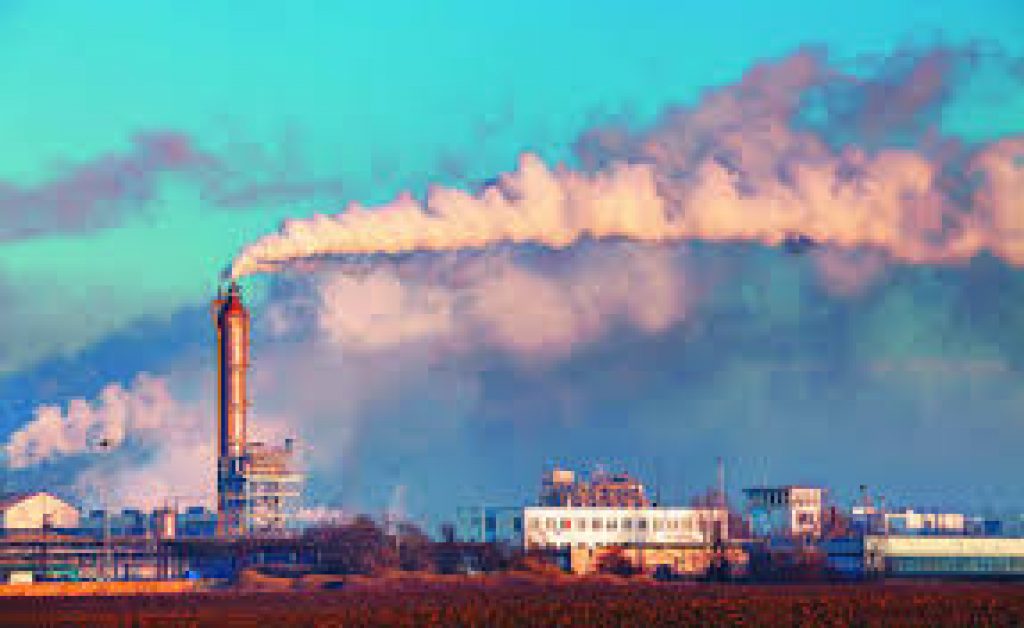Air pollution reduces average life expectancy in India by five years

According to data released by air quality life index (AQLI), a tool developed by the Energy Policy Institute of The University of Chicago (EPIC), an average Indian’s life is cut short by more than five years, relative to what it would be if the World Health Organization (WHO) guideline was met.
Daily Current Affairs Quiz 2020
Key-Points
AQLI, which looks at the impact of particulate air pollution on life expectancy, said particulate pollution in India has increased by 42% in the last two decades and was the greatest risk to human health before covid-19.
At present, 84% of Indians live in areas where the pollution levels exceed the country’s own air quality standards, while the entire population is exposed to levels that exceed the WHO guidelines.
The report highlighted the situation at the state level and pointed out that nearly 230 million residents of Uttar Pradesh are on track to lose more than eight years of life expectancy relative to the WHO guideline.
Delhi residents could see more than nine years added to their lives if pollution was reduced to meet the WHO guideline.
Bihar and West Bengal can add more than seven years, and residents in Haryana can expect to live eight years longer.
A 25% nationwide reduction in pollution levels, the midpoint of the NCAP’s target, would increase India’s national life expectancy by 1.6 years and by 3.1 years for Delhi residents.